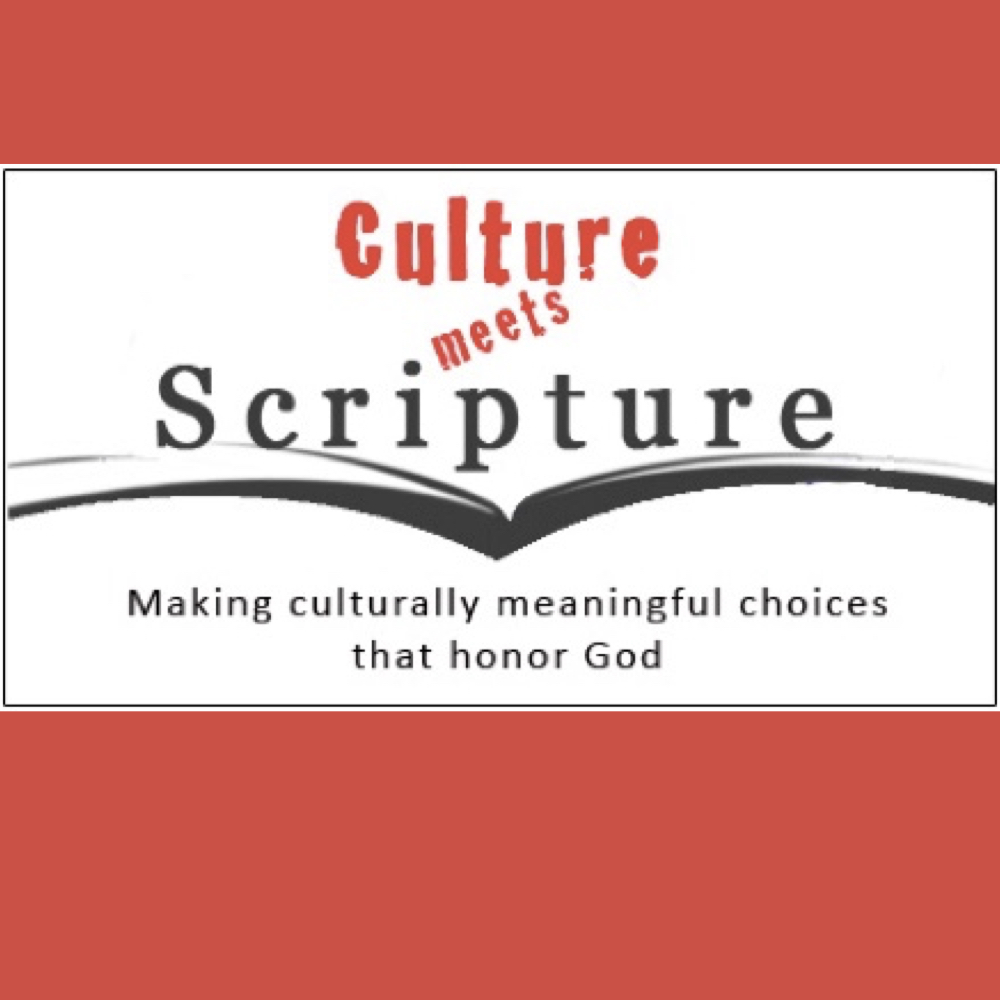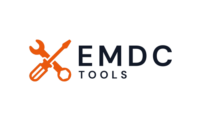
All cultures have rituals and family traditions. Some of these can involve “bowing to other gods.” Culture meets Scripture (CmS) is a workshop that seeks to teach Christian communities a process for evaluating their rituals and traditions so they can make choices that honor God. CmS helps your community dig to the root of traditional practices by asking questions like: Why is the practice done? What happens if the practice is not done? What are the underlying assumptions regarding the practice? The answers to these questions are compared to Scripture in order to see God’s answers to these questions. The ultimate goal is to help Christian communities make choices that honor God and strengthen the Body of Christ through mutual support. NOTE: It is also available in Spanish.
This May Be a Good Tool For Your Community If:
If your community has issues with religious traditions still being practiced that are different from what you and your church think the Bible teaches, this could be a good resource for you. Some examples of these questionable practices might be: contacting the dead, feeding the dead, ‘knocking on wood,’ appeasing local spirits, sleeping next to a casket to safeguard the body, having certain decorations or statues for spirit beings, etc. There are many cultural forms that have their roots in non-biblical thinking. What does a community of faith do with those traditions? That is what Culture meets Scripture helps you wrestle with.
How This Works
A CmS workshop can be held for just your language community, but it is often more powerful if the event is held to serve various communities. Each language community can then send church leaders to the workshop. The group chooses a critically important cultural practice and describes it in detail. Then each language group examines important steps of the practice by asking probing questions like: Why do we do this step? What are the consequences if we don’t do it? What pressures force us to do this?
These questions uncover the assumptions, values, fears, motives, etc. that the practice addresses. Each group reports their findings back to the whole group at each stage of the process.
The cultural answers to each question are taken to Scripture to see how God handles the problem they face. This is followed by the group evaluating the ritual and choosing to transform it by making adjustments to it or abandoning and replacing the practice with a new one. All rituals aim to be aligned with Scripture and culturally relevant. (Depending on requests, sessions are included about the origins of differing customs, dreams, God’s power over the spirits, etc.)
Finer Details
- The workshop is translated into the national or regional language when participants do not understand English.
- This highly interactive workshop requires at least five days although two weeks is preferable. It can go from midweek to midweek if you would prefer that.
- The instructors do not have a set policy or budget for funding the workshop. They appreciate it when their expenses, especially transportation, can be covered, but that can be negotiated.
- Workshops have had anywhere from 15 to 80+ participants. At least one person in each group must have a good knowledge of the language in which sessions are presented (English or national/regional language) to interpret and clarify issues for the rest of the team.
- The communities participating in the workshop must have access to Scriptures (often in the national or regional language) and a desire to impart its authority.
What challenges or difficulties are there using this resource?
Cultural beliefs and values are deeply rooted and are strengthened by cultural and familial pressures. Therefore, it is important that at least some of the attendees have a good knowledge of the culture’s rituals.
How To Get Started
Contact us to get started.
Distribution Methods
Each group leaves with an Action Plan outlining how they will share what they have learned in their church or home community. The CmS facilitators would like to have in-country follow-up, and they recommend interaction between groups, helping each other share the material with wider bodies of believers, and crossing denominational lines.
Example
One Christian group in PNG consistently contacts the dead for wisdom in decision-making. They use Saul calling up Samuel for justification. In the Culture meets Scripture Workshop the group was directed to read what God said about calling back the dead. (For example Lev. 20:27 “Men and women among you who act as mediums or who consult the spirits of the dead must be put to death by stoning.” Lev. 19:31 “Do not defile yourselves by turning to mediums or to those who consult the spirits of the dead. I am the Lord your God.”) We asked them: What does that mean? [The group answered.] We then had the group read out loud Saul’s earlier actions in I Sam. 28:3: “…Saul had expelled the mediums and spiritists from the land.” Then they read the entire chapter to the group We again asked questions like: Why did they go at night and hide their going? Why did Saul disguise himself? Then we asked, “What do you think about contacting the dead?” Their own conclusion: “I don’t think God likes us to do this…”
